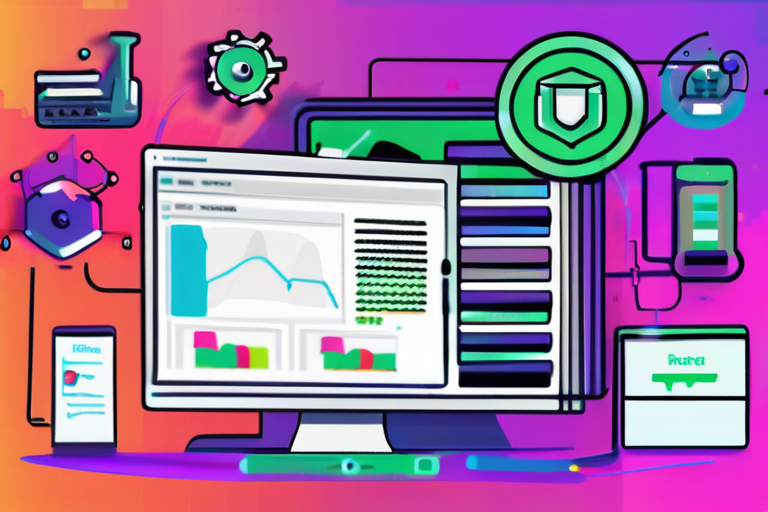Developer Tools Revolution: How Disrupt 2025 is Redefining Early Product Development
The tech industry is on the cusp of a significant shift in developer tools, with far-reaching implications for early product development. According to a recent report, the global developer tool market is projected to reach $13.6 billion by 2027, growing at a CAGR of 14.5% (Source: MarketsandMarkets). This explosive growth is driven by the increasing demand for efficient and effective tools that can accelerate product velocity without overbuilding.
Company Background and Context
At TechCrunch Disrupt 2025, taking place October 27-29 at San Francisco's Moscone West, a panel discussion will explore the impact of developer tools on early product development. The conversation will be led by Lauri Moore, partner at Bessemer Venture Partners; David Cramer, co-founder and chief product officer at Sentry; and Zach Lloyd, founder and CEO of Warp.
Moore brings extensive expertise in AI, infrastructure, and developer tooling from both the investor and founder perspectives. Cramer's experience is particularly relevant, having launched Sentry as an open-source side project in 2012 and scaling it into a platform used by over 4 million developers. Lloyd's perspective as a founder building for builders at the bleeding edge of coding workflows adds depth to the discussion.
Market Implications and Reactions
The shift towards developer tools is not just about technology; it has significant business implications. As Cramer notes, "The right tools can accelerate product velocity without overbuilding, but the wrong ones can lead to costly mistakes." This highlights the importance of selecting the right tools for early product development.
According to a recent survey by Bessemer Venture Partners, 71% of founders believe that AI-enabled tooling will play a crucial role in their company's success (Source: Bessemer Venture Partners). However, only 22% have actually implemented such tools. This disconnect between potential and execution underscores the need for education and guidance on how to effectively leverage developer tools.
Stakeholder Perspectives
The panel discussion at Disrupt 2025 will provide a platform for stakeholders to share their experiences and insights. Moore notes, "We're seeing a fundamental shift in how developers work, and it's essential that we understand what this means for early product development." Cramer adds, "As founders, we need to be aware of the tools available and how they can impact our business."
Lloyd emphasizes the importance of building for builders: "The next generation of developer tools will be designed with AI at their core. We need to think about how these tools will shape the future of coding workflows." This forward-looking perspective underscores the significance of Disrupt 2025 as a platform for innovation and discussion.
Future Outlook and Next Steps
As the tech industry continues to evolve, it's clear that developer tools will play an increasingly critical role in early product development. The panel discussion at Disrupt 2025 will provide valuable insights into what today's founders need from their first engineering hires, how AI-enabled tooling can and cannot replace human expertise, and how the entire GTM (go-to-market) strategy is impacted.
For businesses looking to stay ahead of the curve, it's essential to understand the implications of this shift. As Moore notes, "The future of developer tools is not just about technology; it's about people, process, and business outcomes." By attending Disrupt 2025 and engaging with industry leaders, stakeholders can gain a deeper understanding of what's next in developer tools and how to effectively leverage them for success.
Conclusion
The revolution in developer tools is underway, and its impact will be felt across the tech industry. As Disrupt 2025 takes place, it's clear that this shift has significant financial implications, with the global market projected to reach $13.6 billion by 2027. By understanding what today's founders need from their first engineering hires, how AI-enabled tooling can and cannot replace human expertise, and how the entire GTM strategy is impacted, businesses can position themselves for success in this rapidly evolving landscape.
*Financial data compiled from Techcrunch reporting.*



 Hoppi
Hoppi

 Hoppi
Hoppi

 Hoppi
Hoppi

 Hoppi
Hoppi

 Hoppi
Hoppi

 Hoppi
Hoppi











